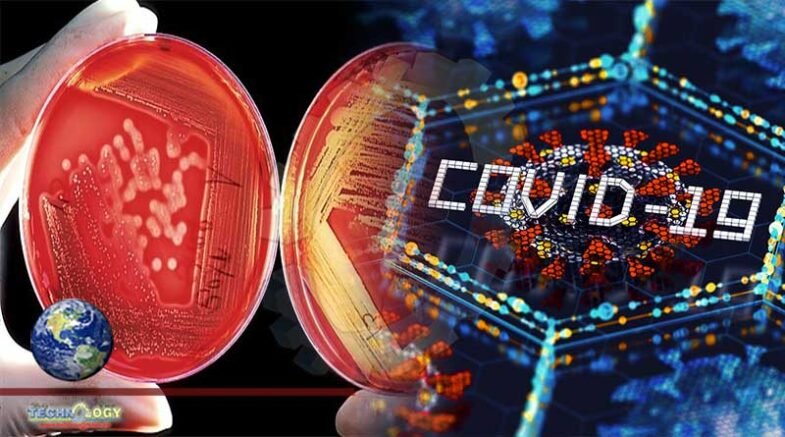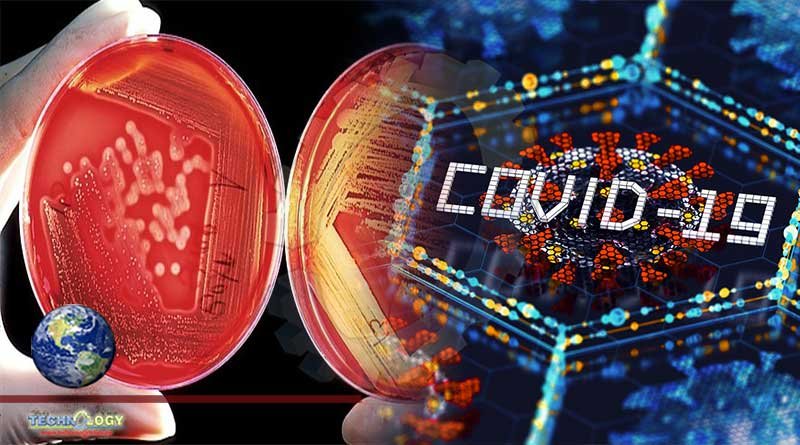North Carolina scientists Richard Spotak and Frank Scholle have helped discover self-sterilizing polymers that kill various coronaviruses.

The ability to purchase materials that resist some of the world’s deadliest diseases would be a welcome alternative. North Carolina State University scientists Richard Spotak and Frank Scholle have helped discover self-sterilizing polymers that kill various coronaviruses.
Those polymers can be used to coat everything from countertops to door handles to personal protective equipment.
“We all know that bacteria and viruses, a lot of them cannot withstand this very acidic environment. So, we’re killing those pathogens by a very non-specific mechanism, which means there probably will not be any way they can evolve resistance,” Scholle said. He is the director of N.C. State’s Center for Advanced Virus Experimentation.
If someone infected with COVID-19 sneezes on a surface coated with the new polymer technology, it is able to kill the virus in five minutes.
“This actually works just as quickly as a disinfecting wipe, except the big difference is the material that we have continues to disinfect continuously,” Spontak said. He is a Distinguished Professor of Chemical and Biomolecular Engineering. He and Scholle have written a paper on the subject that has been accepted for publication in Advanced Science.
The team, which also includes Boston University, is working with manufacturer Kraton Corporation as it goes through the necessary regulatory approval process. Eventually, they hope consumers will also be able to apply the coating themselves on some of what they may already have in the home or business.
NCSU chemistry professor Reza Ghiladi and NCSU graduate and Kraton staff scientist Dr. Bharadwaja Peddinti discovered the pH-drop mechanism responsible for pathogen inactivation.
The technology also works on MRSA. They believe it will work against new viruses that have yet to emerge.
“We haven’t taken pandemics or the potential for pandemics very seriously for a long time because we’ve been lucky. But clearly, we see this can happen and it will happen and it will probably happen again. And maybe we can make a small contribution to help with that,” Scholle said.
Both see it as “disruptive technology.” Disruptive in its most positive form.
“We can be a little bit more proactive in terms of protecting people and reducing the tremendous burden on the health care industry because of pathogenic-based diseases,” Spontak said.
Originally published at WNCT
